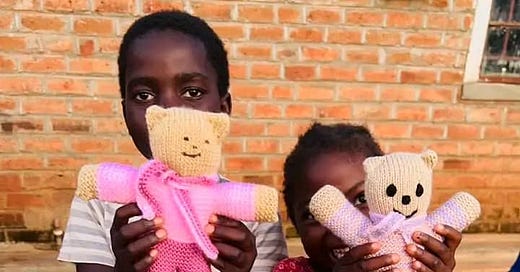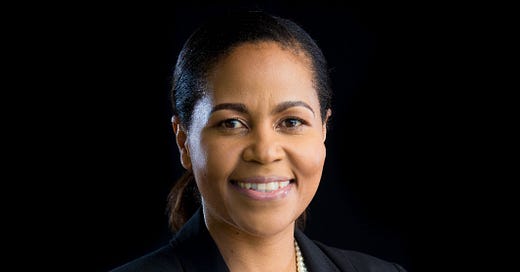Groups Demand Reform of IMF's Special Drawing Rights System
Nine African states are currently in debt distress, another 15 at high risk of debt distress, according to the groups.
NAIROBI, Kenya— Civil society groups are calling for an overhaul of the way the International Monetary Fund allocates its Special Drawing Rights (SDRs), an international reserve asset, saying the current system unfairly favors wealthy nations over developing countries like those in Africa, writes Winston Mwale.
The demands were made Friday as the African Development Bank Group holds its annual meeting in Nairobi under the theme "Africa's Transformation: the African Development Bank, and the Reform of the Global Financial Architecture."
In a joint statement, the African Forum and Network on Debt and Development (AFRODAD) and partners including the Okoa Uchumi Coalition criticized the IMF's 2021 issuance of $650 billion in SDRs, of which only $33 billion or 5% went to Africa.
"The IMF quota allocation system that predetermines SDR allocations affirms the predisposition of an unfair global system that favors developed countries over developing countries in finance and decision-making," the statement said.
It noted at least 35 African countries spent $14 billion of their SDR allocations to pay down debt to the IMF instead of using it for more productive purposes during the COVID-19 pandemic.
The groups demanded the African Development Bank champion reforming the SDR allocation system away from just economic output to also consider factors like indebtedness, poverty levels and development needs.
"With the appropriate use of SDRs, it will help solve liquidity problems at best, but emphasis also needs to be given to comprehensive debt management strategies to minimize the debt crisis in Africa," they said.
The statement also called for the IMF's governance structure to promote inclusive growth through more open, transparent and equitable decision-making.
Nine African states are currently in debt distress, another 15 at high risk of debt distress, according to the groups.
*Download the statement below:








